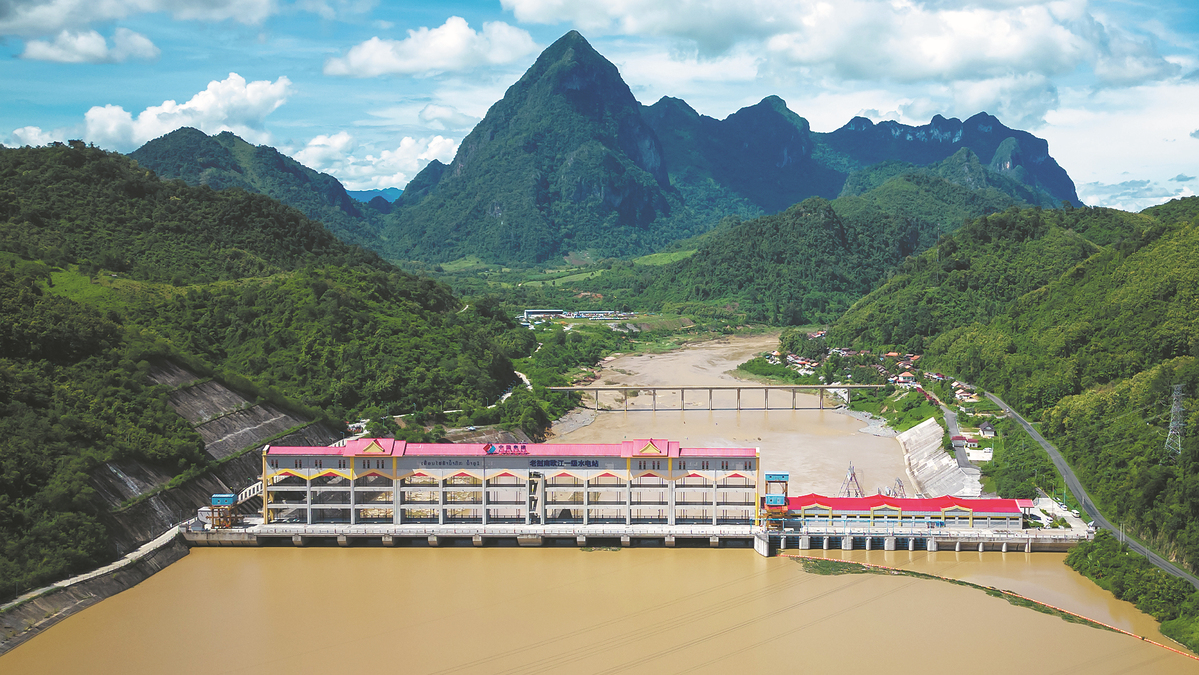GSI can ensure peace, stability in Asia


Cambodia cooperation
The GSI will not replace the UN-based Security Council but serve as a complementary security watchdog that will adhere to the principle of peaceful coexistence and China's vision of "a community with a shared future", said Thong Mengdavid, a research fellow at the Mekong Centre for Strategic Studies at the Asian Vision Institute, a think tank in Phnom Penh.
"Indivisible peace must be upheld and endorsed by Asian countries to promote sustainable growth and enhance resilience against both traditional and nontraditional security issues," he said.
These include border and ethnic conflicts, human trafficking, drug and arms trafficking, and food and energy security.
In Cambodia's case, Thong Mengdavid said that China has been helping the country for two decades through financial and technical assistance, military training and infrastructure projects.
"China's assistance to Cambodia comes with no strings attached or preconditions in helping the country develop and alleviate poverty regardless of political ideology or any kind of prejudice," he said.
In June, renovations at the Ream Naval Base, an aid project undertaken by China in Cambodia's Sihanoukville province, officially began.
The project, which aims to enhance the Cambodian navy's ability to fight crimes at sea and protect the integrity of its territorial waters, has been characterized by Western media as a move by China to build a military base in the country.
Some countries have criticized cooperation between China and Cambodia and have launched unilateral sanctions, interfering in Cambodia's domestic affairs under the guise of democracy and human rights, said Wang Wentian, China's ambassador to Cambodia, at a ceremony held to mark the start of the renovation project.
Thong Mengdavid said the US and its allies are "playing with fire", as interference in the domestic affairs of other countries and foreign policies is causing more harm than good.
"The US' China encirclement strategy is disturbing regional peace and stability by forcing or putting pressure on some Asian countries to choose sides," he said.
Work with the Philippines
Malindog-Uy said that security cooperation in nontraditional domains is also important.
"One concrete example is the Philippines and China's… cooperation in combating the COVID-19 pandemic, which has been critical for my country," she said, noting that China's support, including the donation of millions of vaccines, was key to helping the Philippines manage its epidemic and shore up its economy.
Pitlo said that China and the Philippines can collaborate on transnational crimes like contraband, drug trafficking, online and telecom fraud and money laundering.
For example, in 2017, a tip from Chinese customs authorities in Xiamen, Fujian province, led to one of the biggest drug busts in Philippine history, Pitlo said. He noted that the case was "proof of how information sharing can lead to a successful law enforcement operation".
Even in contested spaces like the South China Sea, the two countries, along with other neighbors, can pursue cooperation in marine environmental protection and scientific research, he said.
Malindog-Uy said the issues involving the South China Sea must be resolved among claimant states without the interference of external forces and should be done in a peaceful manner and diplomatically.
She said "interference" by the US and its allies will only create tensions among claimants, especially between China and the Philippines.
"The more they interfere, the more everything becomes muddled," she said.
Malindog-Uy said regional countries must be smart enough to not be a part of any US-sponsored blocs or groupings because this will cause division.
"It is important for Asian countries to have solid cooperation and strong political will to preserve peace and stability in the region," she said.























